A very sincere thank you to Emily Bell and Ramona Crawford at Harvard Libraries for their generosity in sharing the content of their LibGuide for our reuse, and Jess Rios and Brett Johnson at Harvard Library Innovation Lab at Harvard Law School for their continued advice about and support of our participation as a perma.cc registrar.
Perma.cc keeps any links referenced in your research or publications from changing or disappearing. It fights link rot!
Use it to preserve the online sources you cite that do not have a stable URL and to make those records accessible to your readers. Forever.
You may create Perma.cc Links to your own or others' work as it appears online. Because Perma Links capture a snapshot in time, each one is unique, even if different individuals create their own Perma Links for the same document. Any Perma Link you create makes an archive of that specific web page at the moment in time that you “Perma” it, and you may use and share this link in your citations (or choose to keep it private). Perma.cc links are public by default.
Why is preserving a permanent record important? The following statement from the Chicago Manual of Style, 17th ed. (chapter 14 section 15), sums it up:

Image reads: "...authors are strongly encouraged to keep a copy of any source that is not formally published, as a hedge against potential challenges to the research or data before, during or after publication. [...] Copies may be kept in the form of printouts or as digital files (e.g., as PDFs or screen captures), or by means of a permanent link creation service such as Perma.cc."
By signing up for your own Perma.cc account with the Registrar of Users (scholcomm@albany.libanswers.com), University at Albany affiliates will be able to save 10 links per month to your Personal Links folder, or an unlimited number of links to your organization folders.
Email us at scholcomm@albany.libanswers.com from your albany.edu account, including your name and expected graduation date.
By using this service, you are agreeing to the Terms of Service, which we recommend you review.
In particular, please note section 5(a) states: “that the User Submitted Content both (1) is freely available on the Internet to the general public without paying, registering with the website, or the like and (2) is cited in a legal or scholarly work”. That is, Perma Links need only be created for open web sources that do not have a stable URL (e.g., websites, blogs, working papers, etc.). Do not archive content that is behind a paywall.
Please visit the Perma.cc guide created by Harvard Law School Librarians to learn how to:
*Please note that very few citation manuals have yet been updated to provide formatting guidance for incorporating Perma.cc links. The current best practice is to include both the original URL and the Perma.cc link in your citation, prefacing the latter with "archived at."
**Please also note that citation management tools, like Zotero and EndNote, as of this writing, do not yet automate the inclusion of Perma.cc links in citations. If you wish to include them, you must edit each record by hand.
See the official Perma User Guide and FAQ.

